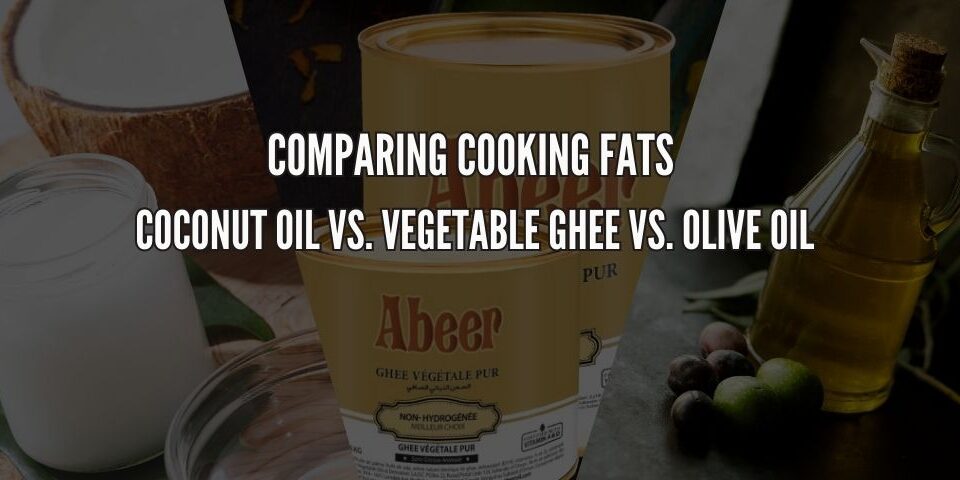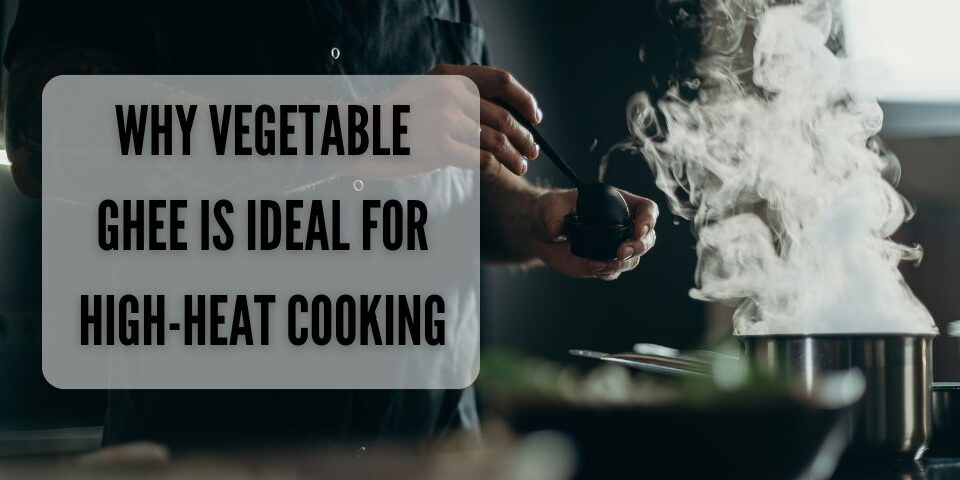
The Environmental Impact of Using Vegetable Ghee: A Sustainable Choice
January 13, 2025
Top 10 Creative Ways to Use Vegetable Ghee in Everyday Cooking
February 3, 2025Is Vegetable Ghee Vegan? Everything You Need to Know

For many people adopting a vegan lifestyle, finding plant-based alternatives to traditional ingredients is a top priority. Ghee, a staple in many kitchens, often raises questions: is it vegan? If not, are there vegan alternatives? In this article, we’ll dive deep into the topic of vegetable ghee, answering the key question: Is vegetable ghee vegan? We’ll also explore its uses and how it differs from traditional animal ghee.
What Is Vegetable Ghee?
Before determining whether vegetable ghee is vegan, it’s essential to understand what it is. Unlike traditional ghee, which is made from clarified butter derived from animal milk, vegetable ghee is a plant-based alternative. It is typically made from hydrogenated vegetable oils like palm oil or soybean oil. This process creates a cooking fat that mimics the texture and functionality of traditional ghee.
Related Read: What Is Vegetable Ghee?
Dive deeper into how vegetable ghee is made and why it’s a popular cooking choice.
Is Vegetable Ghee Vegan?
The answer depends on the specific product and its ingredients. In general, vegetable ghee is vegan because it’s made from plant-based oils and does not contain dairy. However, some brands might add non-vegan additives, such as:
- Dairy Derivatives: Certain vegetable ghee products may include milk solids for flavor enhancement.
- Vitamin D3: Some products fortify their ghee with Vitamin D3, which can sometimes be derived from animal sources.
For those following a strict vegan diet, it’s crucial to check the label to ensure that the vegetable ghee you choose is 100% plant-based. Look for certifications like “Vegan” or “Plant-Based” for peace of mind.
Why Choose Vegetable Ghee?
Vegetable ghee offers several advantages for vegans and non-vegans alike:
- Plant-Based Alternative: It provides a butter-like flavor without the use of animal products.
- Long Shelf Life: Its hydrogenated nature gives it a longer shelf life compared to traditional ghee.
- Versatile Use: From sautéing vegetables to baking, vegetable ghee can be used in various recipes.
Related Read: Vegetable Ghee Uses
Discover creative ways to use vegetable ghee in your kitchen!
How to Ensure Your Vegetable Ghee Is Vegan
Here are some tips to ensure the vegetable ghee you purchase aligns with your vegan values:
- Read the Ingredients: Avoid products with additives like milk solids or non-vegan flavorings.
- Check Certifications: Look for vegan certifications on the packaging.
- Research the Brand: Opt for trusted brands that are transparent about their ingredients.
Vegetable Ghee vs. Other Vegan Cooking Fats
While vegetable ghee is a fantastic plant-based option, it’s worth comparing it to other vegan cooking fats, such as:
- Coconut Oil: A popular alternative with a distinct flavor.
- Olive Oil: Best for low-heat cooking and salads.
- Avocado Oil: Ideal for high-heat frying due to its high smoke point.
Related Read: Vegetable Ghee vs. Butter Ghee
Learn how vegetable ghee stacks up against butter ghee for various cooking purposes.
Conclusion
So, is vegetable ghee vegan? Most of the time, yes! However, always double-check the label to ensure the product meets your dietary preferences. With its versatility and plant-based origins, vegetable ghee is an excellent choice for those looking to embrace eco-friendly and ethical cooking alternatives.



